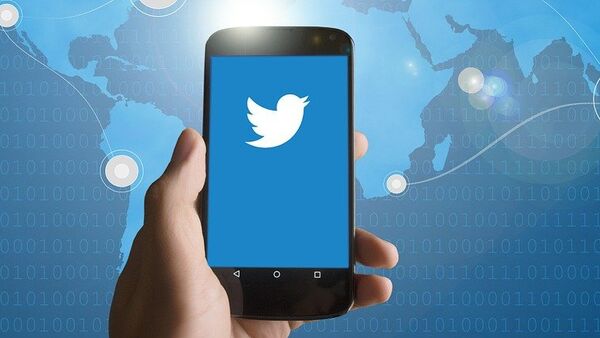The verification marks visually signal that the accounts of prominent individuals are authentic and reliable.
Among those who complained on Wednesday about the verification sign being ripped from their Twitter accounts were Jason Kessler, who drew various far right groups, from supremacists to armed militias, to the August rally in Charlottesville, the white nationalist Richard Spencer, far-right activists Laura Loomer and James Allsup. Tim Gionet, an alt-right movement pioneer, was temporarily suspended from Twitter.
The main point behind the complaints was that Twitter’s new policy is all about censorship. By “unverifying” accounts, the social network is actually “de-personing” them, they pointed out.
Because taking away a journalist's public verification on social media is a form of censorship. And censorship is the first step toward tyranny. https://t.co/1ppJrgpENH
— Laura Loomer (@LauraLoomer) 16 ноября 2017 г.
Twitter’s move marks yet another step in a debate over increased leverage that extremist figures have maintained over recent years by speaking out both in public and online. The company currently faces increased pressure to censor a range of far-right accounts to eliminate hatred and harassment – a move interpreted by nationalists as an attempt to stifle free speech.
Hey @twitter it's nice you're starting to enforce TOS finally, but merely revoking Richard Spencer's and Jason Kessler's verification is not enough. BAN THEM. They promote ideologies of hate and encourage violence and harassment.
— Jody Davis (@Savathos) 16 ноября 2017 г.
Thank you @Twitter for banning Baked Alaska and stripping Richard Spencer and Jason Kessler of their blue checkmarks. A deal is a deal, and you guys are totally awesome. pic.twitter.com/dIvGatrzMM
— Eugene Gu, MD (@eugenegu) 16 ноября 2017 г.
The social network said it would strip the verification badge from accounts that are not in keeping with the new set of guidelines it issued on Wednesday. These include accounts with misleading identities on Twitter, ones that promote hate or violence based on race, nationality, sexual orientation, religion and gender.
Verification helps promote the accounts, with Twitter thus giving them semiofficial consent. Despite saying they were never meant to endorse anyone, Twitter admitted that they should have tackled the issue much earlier.

